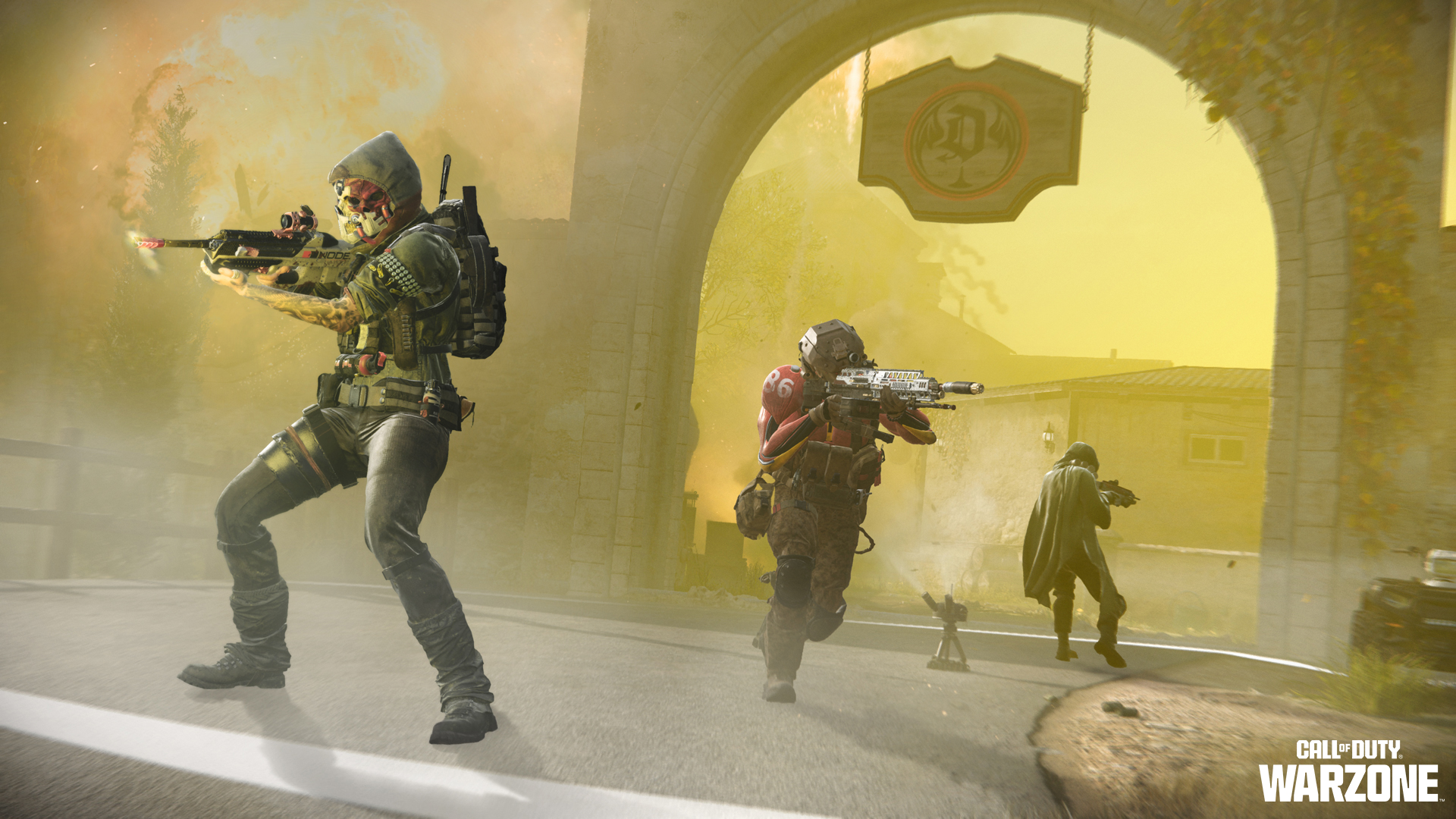What you need to know
- Activision, the Microsoft-owned publisher of blockbuster first-persoon shooter franchise Call of Duty, has released an internal research paper in partnership with California Institute of Technology on disruptive player behavior and moderation efforts.
- The Disruptive Behavior team has shared that it will continue to use ToxMod, a proactive AI-powered voice moderation tool that was implemented in Call of Duty: Modern Warfare 3 (2023).
- Activision reports the current anti-toxicity strategy has effectively reduced voice toxicity by 43% among English, Spanish, and Portuguese-speaking players.
- The strategy will expand for Black Ops 6 to include support for French and German at launch on October 25.
- Over 45 million disruptive text messages were blocked since 2019 thanks to text-based moderation by Community Sift. Text moderation will expand to 20 languages with Black Ops 6.
A new research paper from Activision, in partnership with the California Institute of Technology (Caltech), provides a glimpse at the effectiveness of anti-toxicity moderation efforts introduced in Call of Duty: Modern Warfare 3. With the launch of Call of Duty: Black Ops 6 just two weeks away, Activision’s Disruptive Behavior team has released a new blog post detailing how those moderation efforts would translate to the upcoming premium entry in the highly competitive, blockbuster franchise.
With online competitive gameplay comes trash talk, but most Call of Duty players have probably experienced trash talk that quickly devolved into pure toxicity at least once. The game has such a rampant history with toxicity that it’s almost reached meme status, with “You wouldn’t survive a Call of Duty lobby” frequently being tossed around during discussions about hate speech, sexism, and general toxicity in gaming spaces. According to Activision’s internal research, however, this rampant toxicity had negative effects both on the game itself and across additional platforms by normalizing hate speech, racism, and sexism.

While Activision avoided releasing any specific player numbers, the research paper accredited the “sheer volume” of Call of Duty players and Activision’s gameplay data-keeping practices by providing metrics to study the effects of disruptive behavior in competitive gaming. The study considered in-group favoritism and out-group hostility leading to over-reporting, the psychological phenomenon known as the “bystander effect” which led to under-reporting of toxic behavior, and methods disruptive players would use to attempt to bypass moderation efforts.
Following the launch of Modern Warfare 3 in 2023, Activision implemented an AI-backed voice moderation strategy in partnership with ToxMod to mitigate disruptive and toxic voice chat that players were exposed to in-game lobbies and matches. The moderation tool led to a 43% drop in voice toxicity among English, Spanish, and Portuguese speakers in Call of Duty: Modern Warfare 3. Activision plans to expand the use of ToxMod with the launch of Call of Duty: Black Ops 6, which will have the moderation feature active at launch, to include French and German support, as well. It is not available in Asia.
According to Activision, 80% of players who received chat enforcement via pop-up warnings and temporary “comm-bans” did not re-offend with additional disruptive behavior. Overall, Modern Warfare 3 and Warzone saw a combined 67% reduction in repeat offenders.
Call of Duty offers text-based chat messaging in addition to voice communication. Activision and text moderation partner, Community Sift, expanded text chat moderation support to include 20 languages as of August 2024—up from 14. The partnership has led to over 45 million offensive messages being blocked from the game’s text chat service since November 2023. Text moderation is available in English, French, Italian, German, Spanish, Portuguese, Russian, Polish, Japanese, Korean, Arabic, Chinese (Traditional and Simplified), Turkish, Dutch, Thai, Vietnamese, Indonesian, Finnish, and Romanian.
Unfortunately, disruptive behavior doesn’t begin and end in the chat lobbies. Toxicity is also frequently expressed in player gamertags and clan tags. A new system to analyze and combat reports on disruptive usernames and clan tags has been implemented in Call of Duty. This system will surface critical reports of offensive names and clan tags for enforcement via human moderation teams.
Activision’s research paper highlights the need for effective moderation and mitigation procedures for disruptive behavior to dissuade repeat offenses. Actions like removing cheaters from the leaderboard were effective, with only 0.25% of players reoffending by cheating again. However, forcibly renaming users with offensive usernames and limiting access to specific features via comm-bans, and banning the use of clan tags proved to be less fruitful, with 16-18% of disruptive players reoffending within a month. In some cases, enforcing strict rules led to a “reactance phenomenon” in which some players were more toxic to fight against regulation enforcement. Others would simply become more discreet and use methods to avoid detection.
Behavior moderation remains an uphill battle for Call of Duty’s Disruptive Behavior team. Activision’s research suggests that an overhaul of in-game reporting, greater transparency with players, moderation fairness, and reinforcing positive behaviors can help improve and mitigate exposure to toxicity for players and moderators alike.
Call of Duty: Black Ops 6 is set to launch on October 25 on Xbox, PC, and PlayStation, with disruptive behavior mitigation efforts from ToxMod and Community Sift expanding to include support for new languages for additional moderation.





